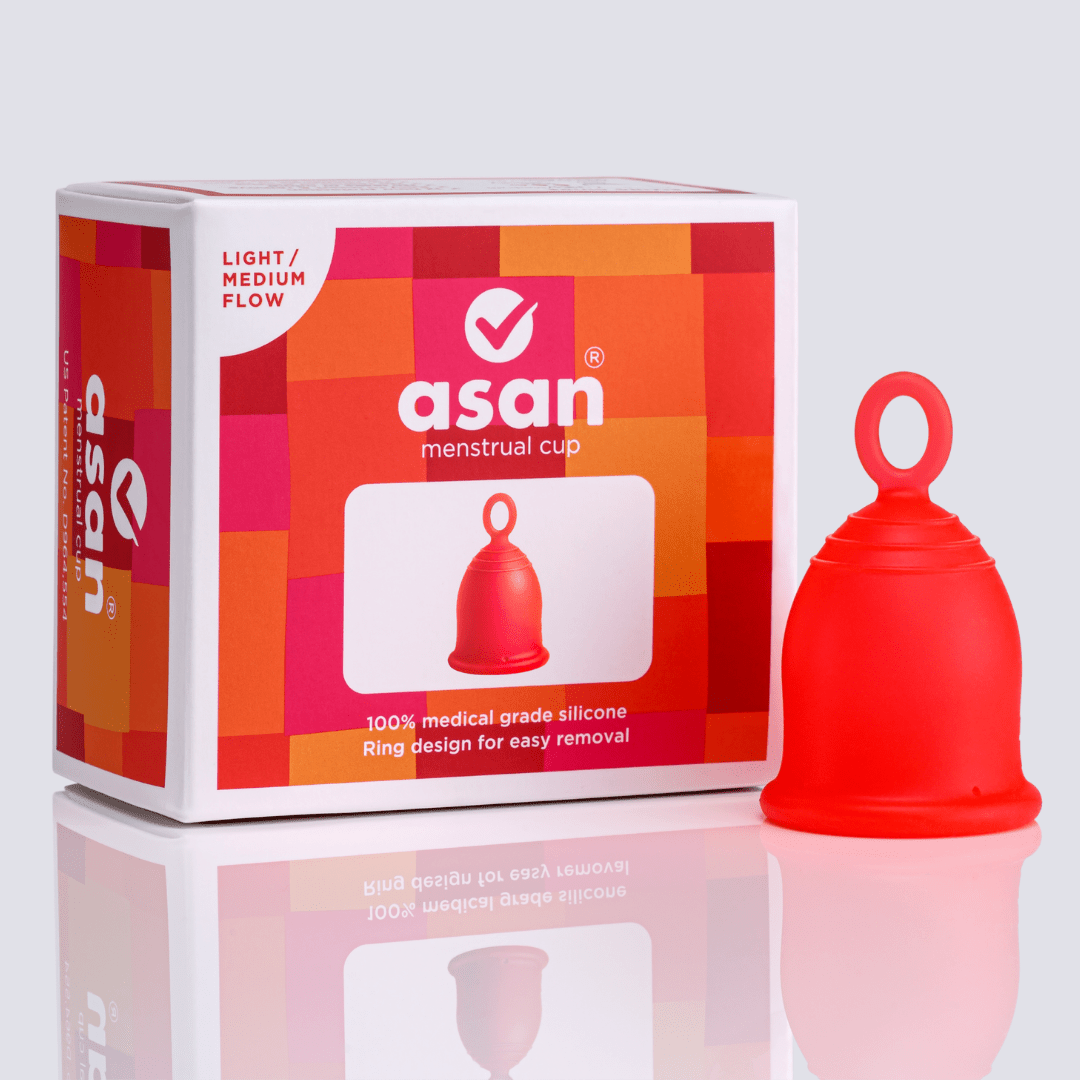

Have you ever felt moody, bloated, or just off after your period ends? If so, you may be experiencing post-menstrual syndrome. While pre-menstrual syndrome (PMS) is commonly talked about, many people don’t realise that symptoms can continue even after their period stops.
Post-menstrual syndrome symptoms can be very frustrating. Your period is over, but you’re still dealing with menstrual cycle symptoms like fatigue, headaches, or anxiety. So understanding post-menstrual discomfort is the first step toward feeling better.
In this blog, we’ll explore the causes of post-menstrual syndrome and how you can manage it.
What are the symptoms of post-menstrual syndrome?
Many people assume that period-related discomfort disappears as soon as menstruation ends. But for some, post-menstrual distress can last for days or even a week after your period.
Common post-menstrual symptoms include:
- Mood swings and irritability
2. Fatigue and trouble sleeping
3. Anxiety or feelings of sadness
4. Headaches and dizziness
5. Breast tenderness
6. Digestive issues like bloating or diarrhoea
While these symptoms vary from person to person, they can disrupt daily life and make it difficult to feel your best. Let's understand what causes post-menstrual syndrome so you can learn about managing post-menstrual symptoms.


What causes post-menstrual syndrome?
Some potential post-menstrual syndrome causes include:
- Hormonal imbalance: After your period, your oestrogen levels start to rise again, which can trigger menstrual cycle discomfort.
2. Nutrient deficiency: Losing blood during menstruation can deplete iron and magnesium, contributing to post-menstrual discomfort.
3. Stress and lifestyle factors: High stress levels, poor sleep, and unhealthy eating habits can worsen PM symptoms.
4.Underlying health conditions: Conditions such as PCOS or thyroid imbalances can contribute to post-menstrual distress.
How can you manage post-menstrual discomfort?
We understand that post-menstrual symptoms can be extremely stressful to deal with, but the great news is that there are ways to find relief.
Here are some tips for post-menstrual discomfort relief:
- Prioritise nutrition: Eating a balanced diet rich in iron, magnesium, and vitamin B6 can help ease menstrual cycle after-effects. Refer to this blog on nutrition to understand exactly what to include in your diet for healthy periods.
2. Stay hydrated: Drinking enough water reduces bloating and fatigue, promoting post-menstrual syndrome relief.
3. Exercise regularly: Movement helps release endorphins, which act as natural painkillers for dealing with post-menstrual discomfort.
4. Reduce stress: Activities like yoga and meditation can be effective in coping with post-menstrual syndrome.
5. Consider supplements: Some people find relief with magnesium or iron supplements for post-menstrual symptom relief. Please consult a medical professional before taking supplements.


When should you see a doctor?
While mild post-menstrual issues are common, severe symptoms may indicate an underlying health condition. You should consult a doctor if:
- Your post-menstrual symptoms last longer than a week
2. You experience extreme mood swings or depression
3. You have severe headaches or dizziness
4. Your symptoms interfere with daily life


Can menstrual cups help with post-menstrual discomfort?
If you struggle with post-menstrual syndrome management, switching to a menstrual cup can be a helpful addition to your period care routine. Unlike pads or tampons, a menstrual cup is free from chemicals and helps maintain the vagina’s natural pH balance.
The Asan cup is designed for comfort, making periods leak-free and reducing stress. Plus, it lasts for years, saving you money and reducing waste.
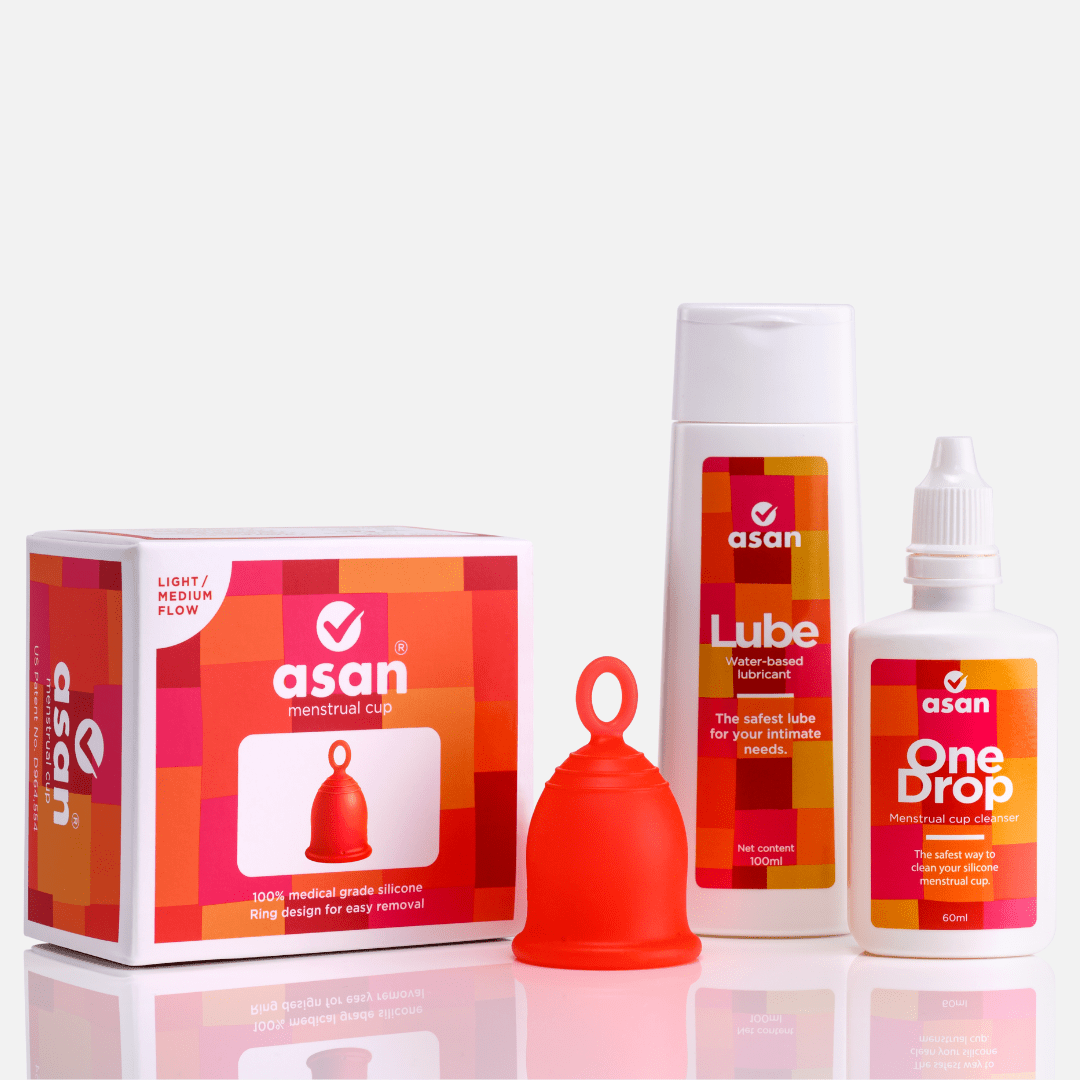
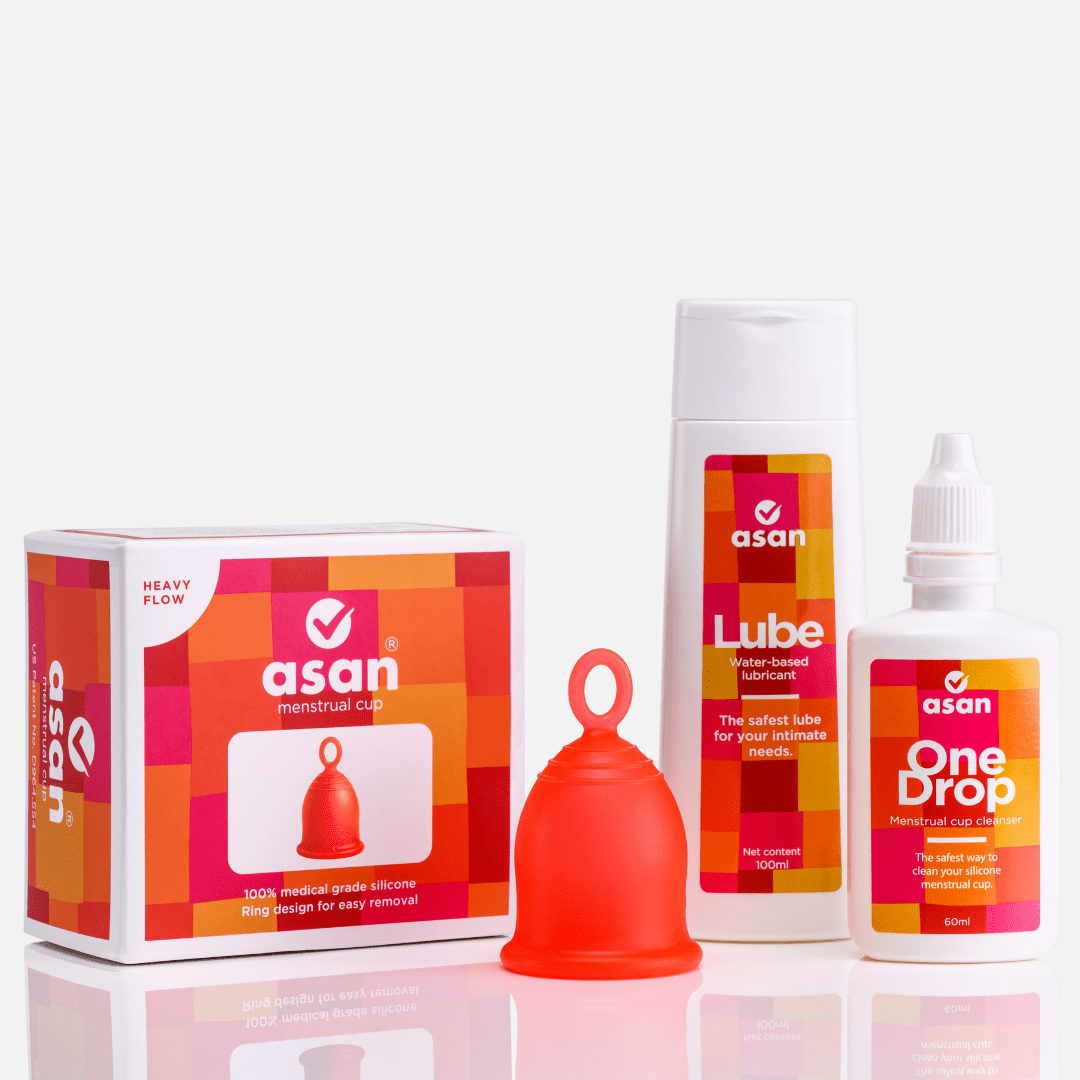
Complete Period Bundle @35% off
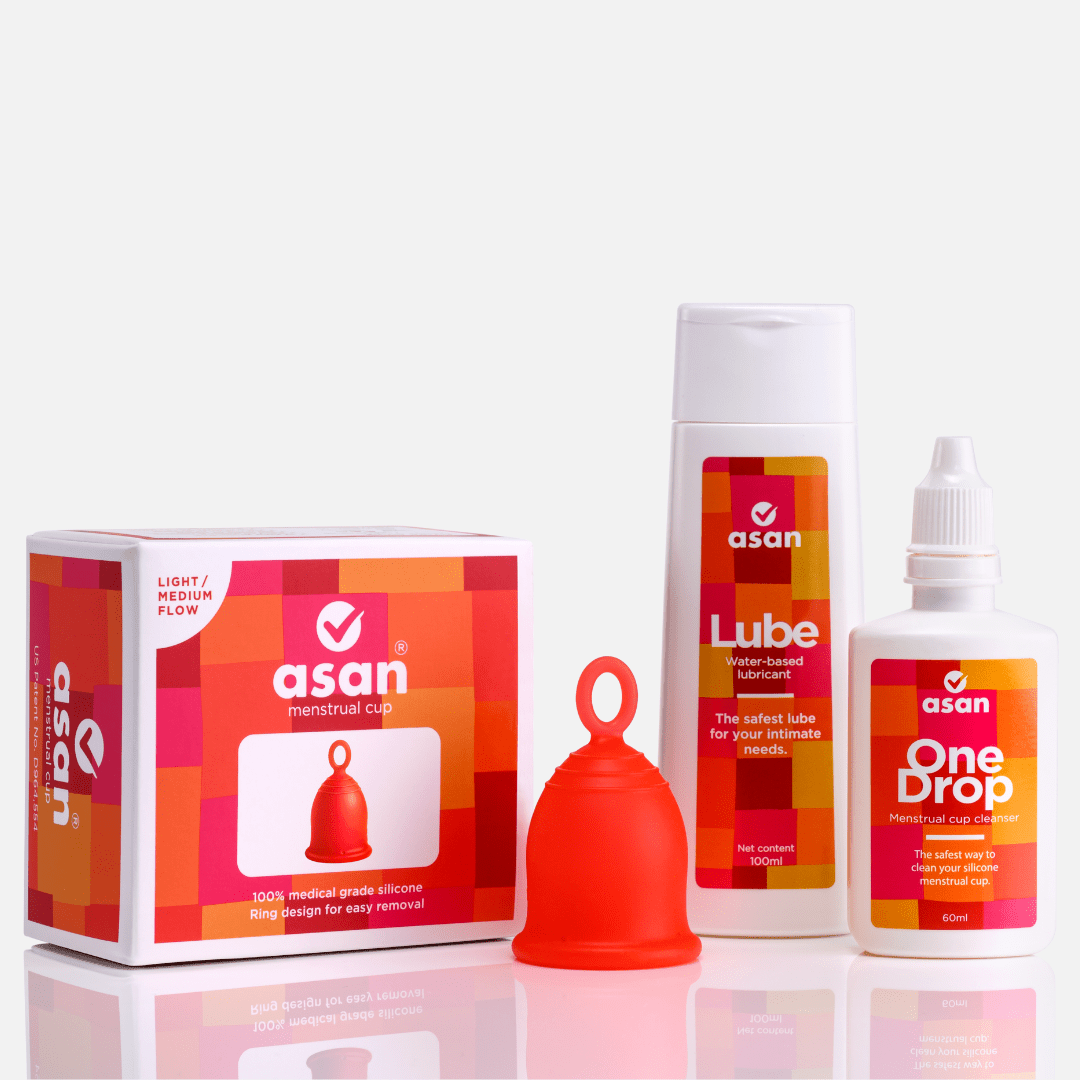
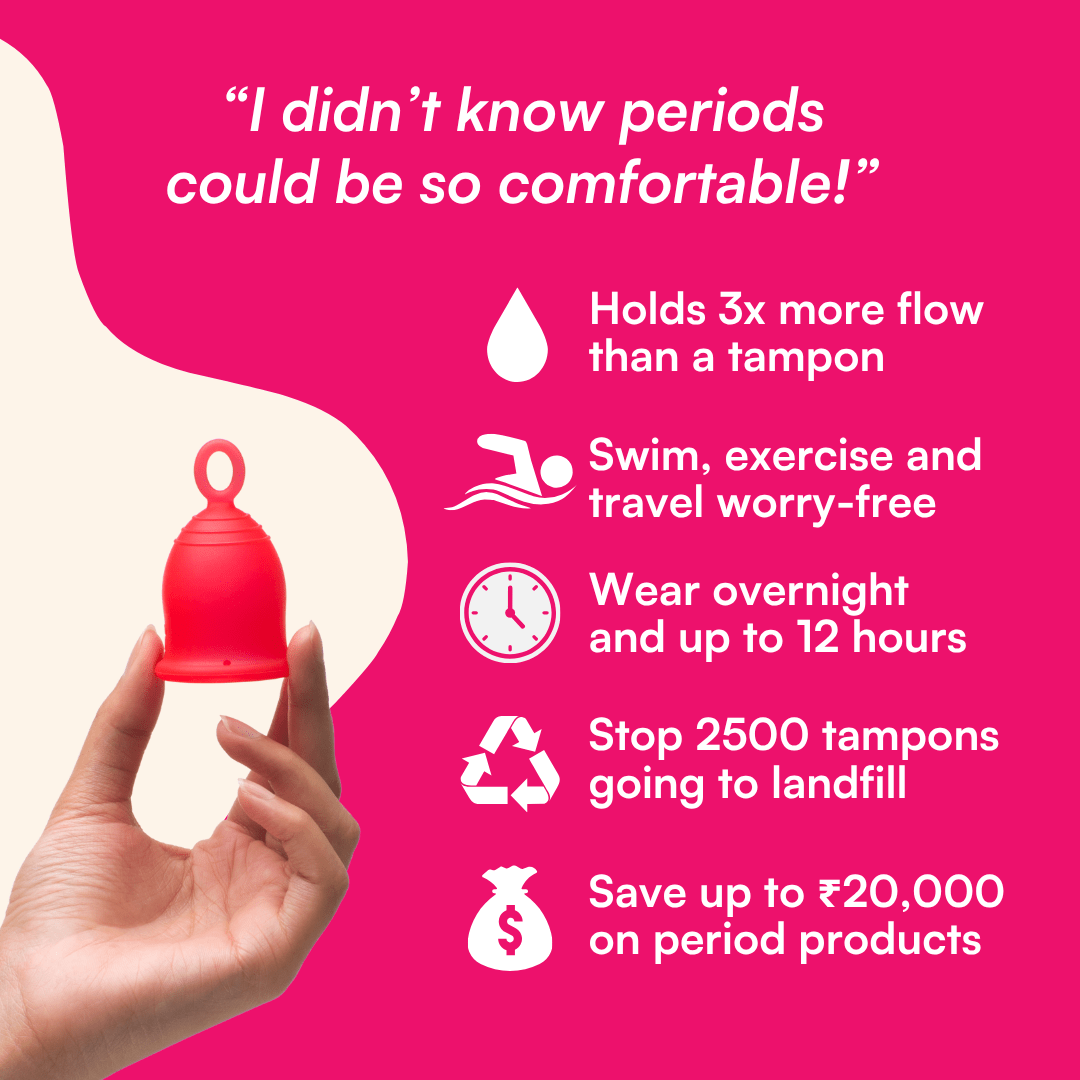
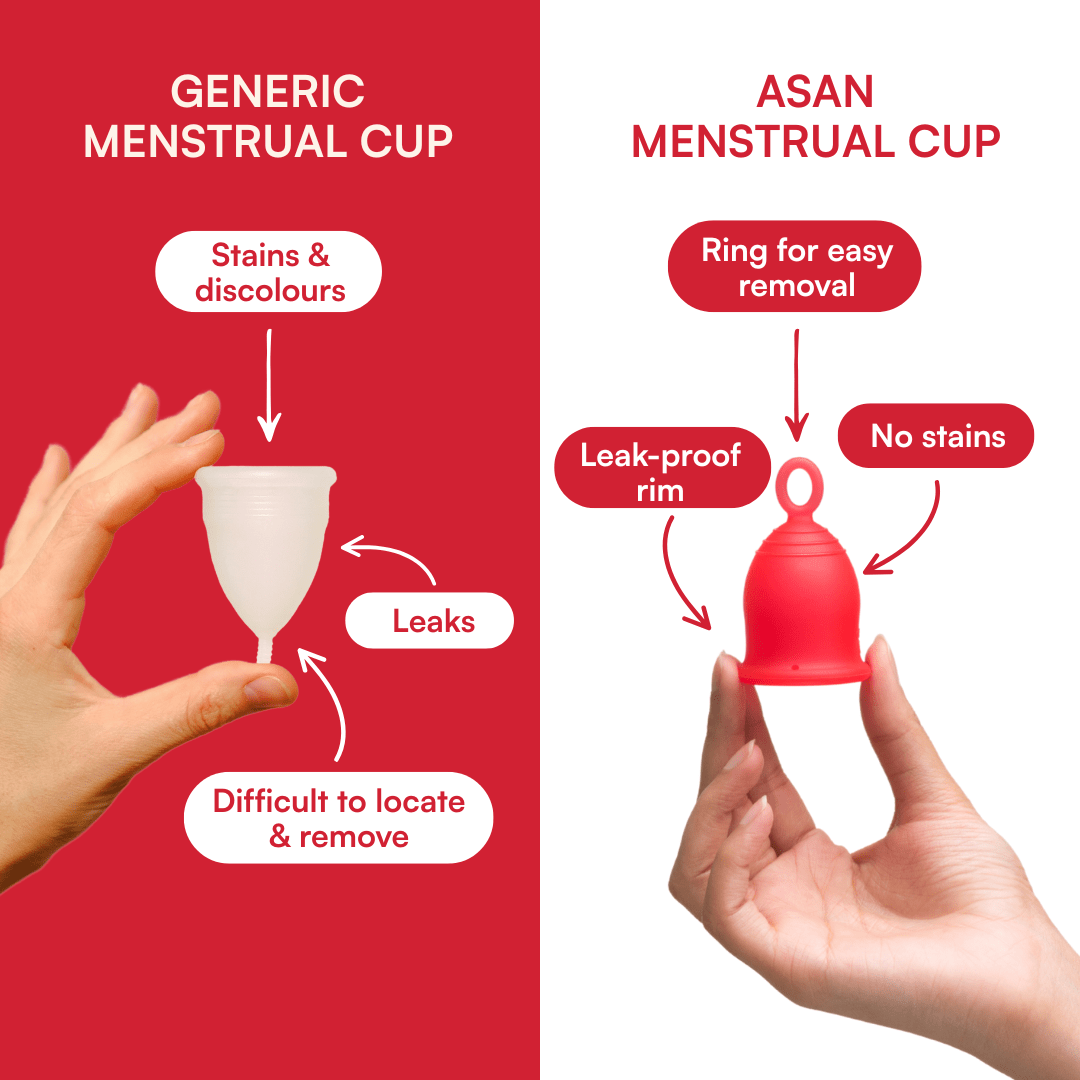

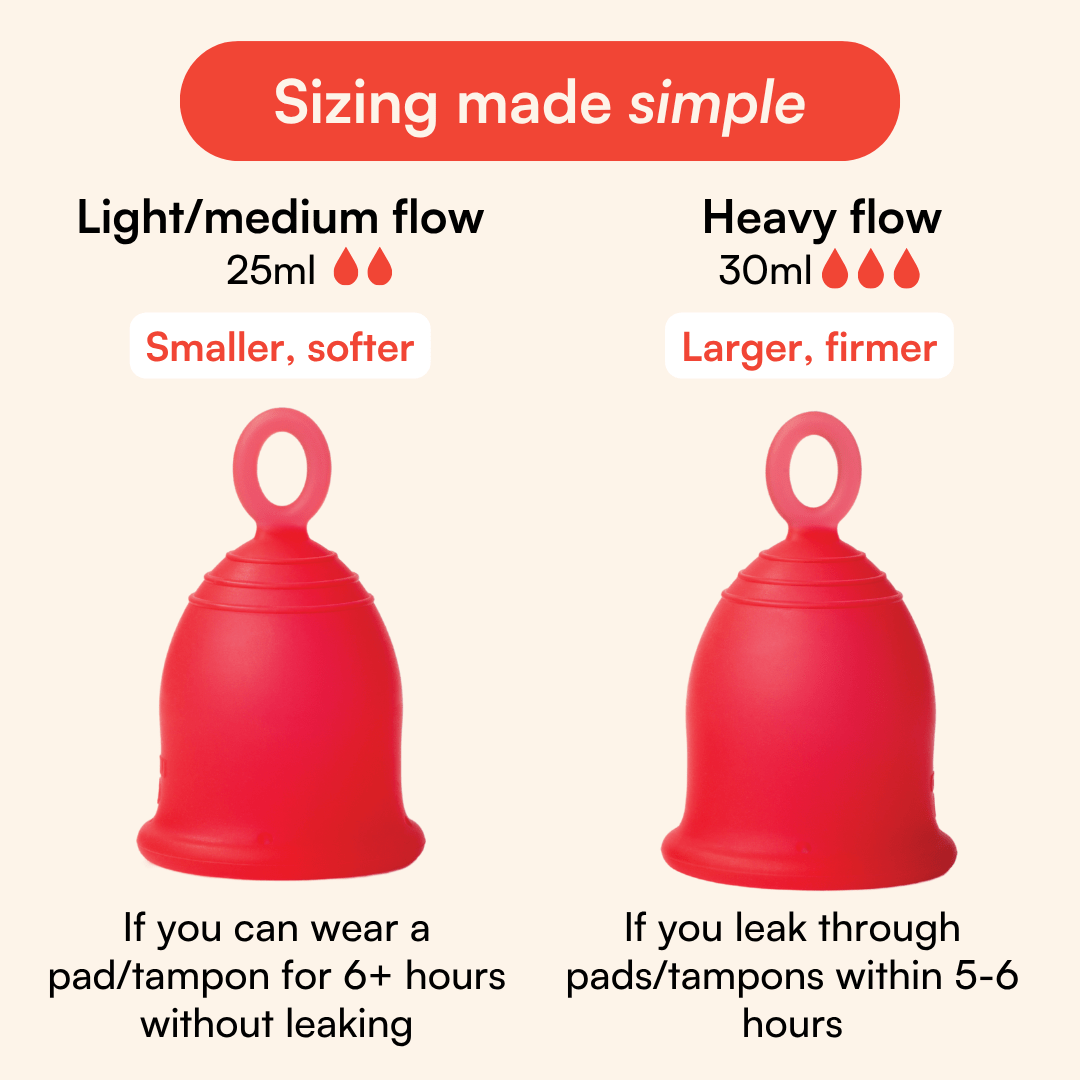
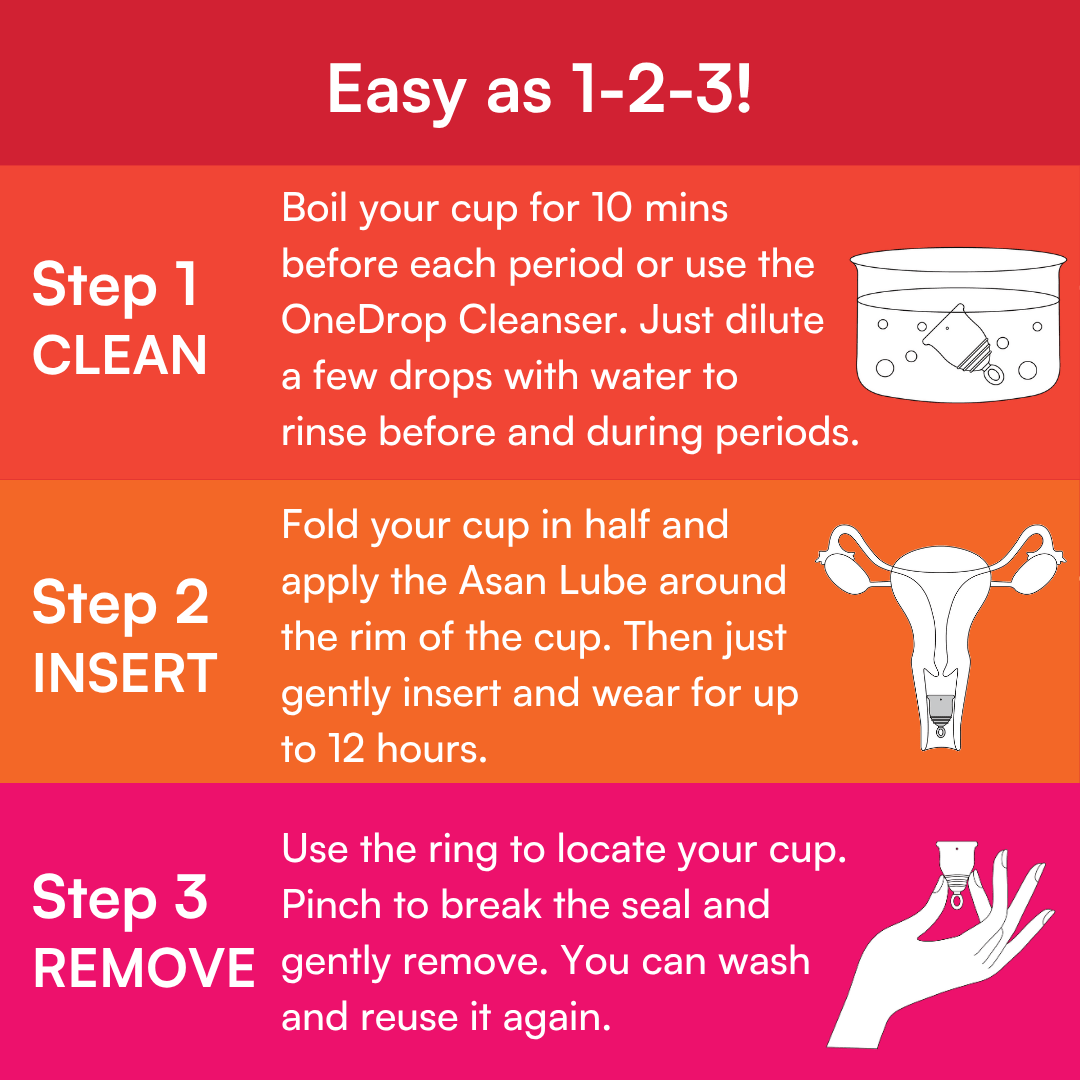

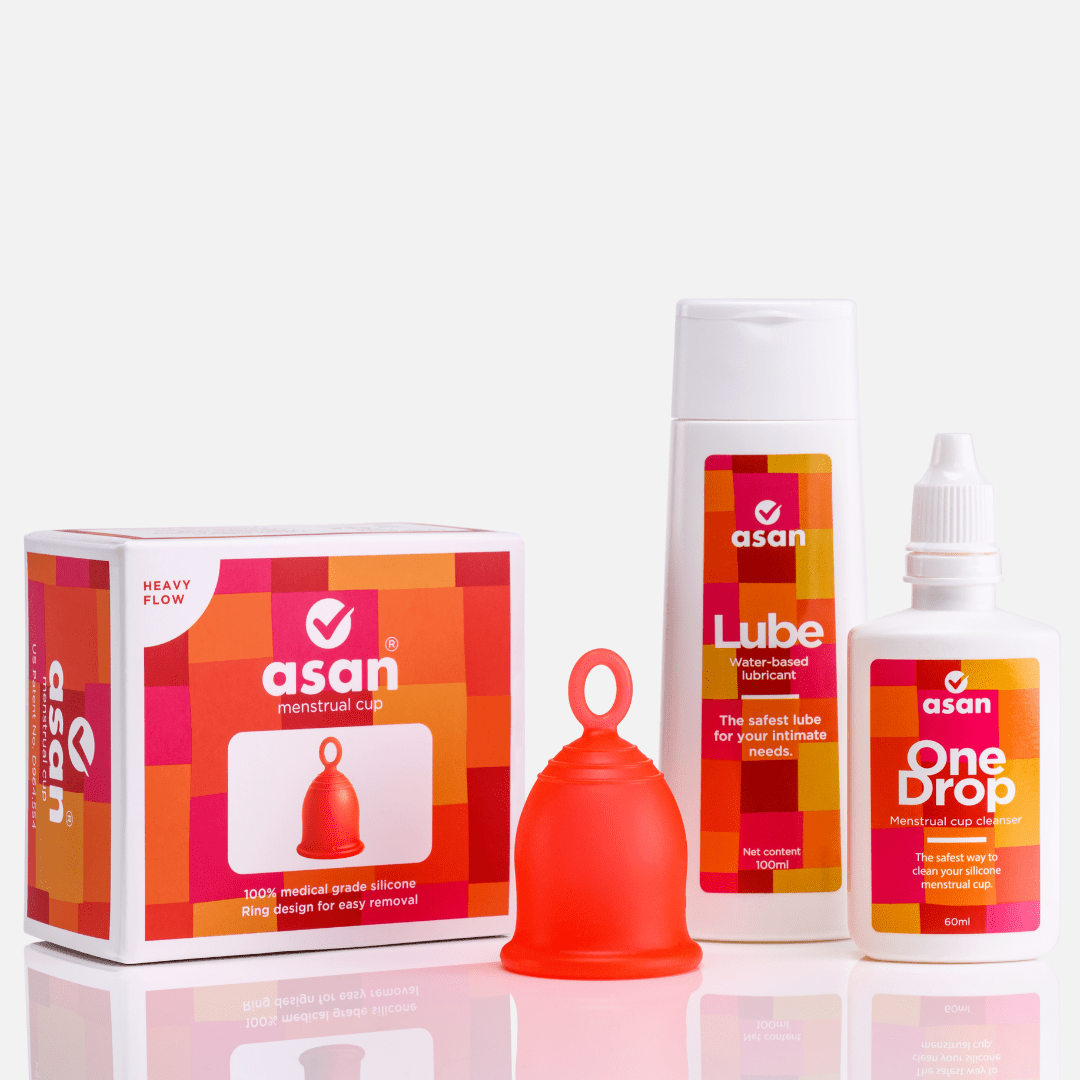
Frequently asked questions
How long do post-menstrual symptoms last?
Post-menstrual distress can last anywhere from a few days to a week, depending on the individual.
What are the best post-menstrual syndrome treatment options?
Lifestyle changes, hydration, exercise, and a balanced diet can provide post-menstrual discomfort relief. In severe cases, medical advice may be needed.
Can stress cause post-menstrual syndrome?
Yes absolutely. Stress is a major trigger for menstrual phase challenges, leading to anxiety, fatigue, and bloating.
How can I get rid of post-menstrual symptoms naturally?
Focus on post-menstrual syndrome solutions like staying hydrated, reducing caffeine, and getting enough rest to support your body’s recovery.
More Posts
View all-
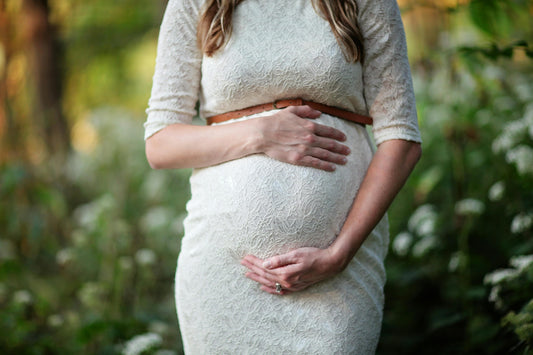
Can you get your period if you’re pregnant?
Many people wonder if you can still get your period while pregnant. The short answer is no, but light bleeding or spotting can happen for other reasons. This blog breaks...
Can you get your period if you’re pregnant?
Many people wonder if you can still get your period while pregnant. The short answer is no, but light bleeding or spotting can happen for other reasons. This blog breaks...
-

Top 5 features for period underwear
This guide breaks down the five most important features to look for including fabric, fit, and safety certifications, so you can find a pair that’s comfortable, leak-proof, and long-lasting.
Top 5 features for period underwear
This guide breaks down the five most important features to look for including fabric, fit, and safety certifications, so you can find a pair that’s comfortable, leak-proof, and long-lasting.
-
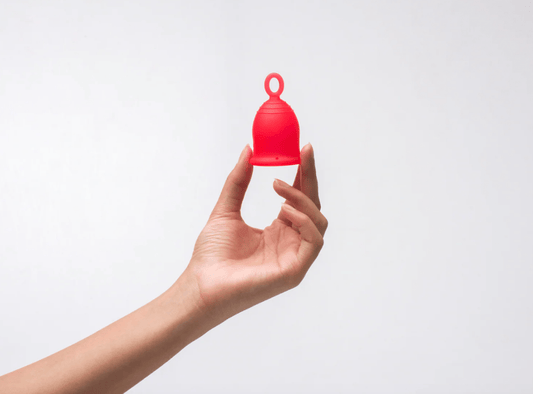
-
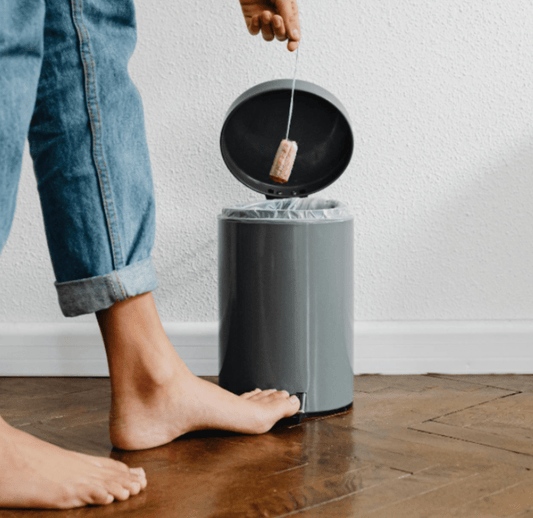
The hidden environmental cost of disposable period products
Understand the hidden environmental costs of single-use sanitary products.
The hidden environmental cost of disposable period products
Understand the hidden environmental costs of single-use sanitary products.
